
The Tamil Guardian recently sat down with Rathika Sitsabaiesan, human rights activist and former Canadian Member of Parliament, to discuss her new documentary “Ray of Hope”. Sitasbaiesan, the first ever Tamil Canadian MP, discussed resistance, intergenerational trauma, and the future of Tamil Eelam.

Tamil Guardian recently sat down with Rathika Sitsabaiesan, human rights activist and former Canadian Member of Parliament, to discuss her new documentary “Ray of Hope”. Sitasbaiesan, the first ever Tamil Canadian MP, discussed resistance, intergenerational trauma, and the future of Tamil Eelam.
Sitsabaiesan is one among hundreds of thousands of Tamils who was forced to seek refuge in Canada. Arriving in Canada at the age of 5, her experience as a survivor of genocide and a child of war would drive her to become a vocal Tamil rights activist. In 2011, she would become the first Tamil elected to the House of Commons. Sitsabaiesan served as an MP for Scarborough-Rouge River until 2015. In early May of 2024, Sitsabaiesan starred in a documentary titled “Ray of Hope”, the film which is produced and directed by Ryan Singh and Nikki Cole has so far received over 37 nominations and won 7 awards.
It aims to shed light on the 26-year armed conflict in Sri Lanka, the genocide that took place and the continued struggles of both Tamils on the island and those that have been displaced around the world.
.JPG)
What initially began with the idea of capturing footage of Rathika’s 2013 trip to Sri Lanka for her YouTube channel would evolve into a project tracing the impacts of genocide that transcend generations and borders. The film reveals the complexities of piecing together one’s identity in the face of displacement, and the struggle of rebuilding a community in a place where nothing is familiar. Throughout the film we see testimonies of survivors and the children of survivors speaking courageously about the state violence they have witnessed and experienced at the hands of the Sri Lankan government. Accompanying these testimonials are scenes of bharatanatyam seamlessly woven into the film, a strong reminder that despite the pain, loss, and suffering that marks the Eelam Tamil existence, the community must first and foremost be defined by its beauty and unwavering resolve.
When asked what she hopes people will take away from the documentary. Rathika breaks down her answer into three different categories of people: non-Tamils, future generations of Tamils, and survivors. She hopes non-Tamils are able to learn about the Tamil struggle.
“A lot of non-Tamils around the world work with, live with and go to school with Tamil people but don’t necessarily know why we are here," she says. "It is important that they know that we have paradise and we were pushed out because of a genocide.” Through awareness and education she hopes to have more non Tamils become allies and support the global movement.
For future generations of Tamils, Rathika hopes that the film can provide a little piece of their identity.
“We as a society are not very good at having conversations, my parents as much as they are activists don’t like to talk about the details of what they have survived, what they have been through. Hopefully, younger generations don’t have to live through what I have had to live through which is the shame of my identity. I had a lot of internal processing I had to do to get to the point where I was proud to say I am Tamil.”
For survivors of the conflict and those that live with intergenerational trauma, she hopes that the documentary can be a global tool that helps with moving out of shame into celebration. “We are a people who are on the receiving end of a genocide. We have lived through and survived a genocide but we have also restarted in so many places around the world. We didn’t just restart, we are thriving.”
.JPG) Intergenerational Trauma and Healing Through Community
Intergenerational Trauma and Healing Through Community
A key theme in the documentary is intergenerational trauma and the suffocating silence that persists in Tamil families. For many the experience of trauma is seldom discussed, those who seek asylum arrive in their host countries and distance themselves from the violence they have experienced with the hopes of protecting future generations. As a result, younger generations may feel there are gaps in their identities and have difficulties navigating intergenerational trauma. Rathika explains that processing her trauma required her to come to terms with her Tamil identity, an identity that she was not always proud of. The shame around her identity was in part due to the anti-Tamil violence she experienced at a young age, one memory she recalls is being shot at as a child in Sri Lanka. She would eventually find her strength through community, “for me it was the community who helped me heal because my parents weren’t really willing to talk”.
She speaks about numerous elders in the community taking her in as their own and being willing to have conversations with her about the Tamil genocide. It is through this process that Rathika has been able to gradually process her experiences both on the island and off of it.
While community was instrumental for Rathika’s ability to heal, it was something that earlier generations of refugees needed to rebuild upon arrival in their new homes. Forced displacement often results in the loss of community and threatens cultural identity. Rathika explains that her family came to Canada in the late 80s prior to the larger migration of Tamils that would happen in the subsequent years.
In this context, the Tamil language played a key role in the preservation of Tamil identity. “My parents were scared that their whole cultural identity would be erased. They were very adamant about learning the language because that was the only thing they could hold onto”. At a young age, Rathinka accompanied by her father worked with the local school board trustee to create Tamil language schools in her neighborhood. These schools quickly became a community space that played a critical role in teaching her about Tamil history and culture, which she says have her “pockets of community where I could feel safe and at home”.
Despite the loss of a physical homeland, gradually Tamils around the world have been able to rebuild a cultural Eelam, “Now we have so much more opportunity to celebrate and experience our culture, it is a hugely thriving culture because so many people held on so tight”. Rathika, however, adds that the struggle continues, “Tamil eelam is real and it exists, it is just not recognized yet, it is up to us to do the work to get global recognition”.
.JPG)
Continued Persecution and Resistance
Another theme that emerges in the documentary is the continued persecution and surveillance of Tamils by the Sri Lankan state.
In 2013, Rathika traveled to Sri Lanka for the first time in 27 years. During this trip, she would be followed and interrogated by Sri Lankan officials. While visiting an orphanage on the island, a group of government officials showed up claiming that they had a warrant for her arrest. She would later confirm with the Canadian High Commission that there was no such arrest warrant in her name. Today, the Sri Lankan government continues to surveil, intimidate, and persecute Tamil human rights defenders, civil society activists and victims of state violence. Others featured in the documentary expressed hesitation of speaking out against the Sri Lankan government fearing they may face retaliation even after having fled the island.
When asked what her initial reaction was to the intimidation and surveillance she was subjected to while in Sri Lanka, Rathika explained that she was grateful.
“I am grateful that this happened to me because I was a Canadian living in a fishbowl, the world’s eye was on me and they were still willing to do this. If they were so brazen to do this to me what are the locals actually living through? I was a test subject to show the world that Sri Lanka is still continuing its genocidal acts.” She adds that every individual she would come in contact with during that trip would tell her that they were also interrogated by the state.
Among those who face intimidation at the hands of the Sri Lankan government are Tamil families of the disappeared. Tamil mothers and fathers have continued to seek justice for their forcibly disappeared loved ones. Their protests have been ongoing since 2017, however, domestic mechanisms have repeatedly failed to provide answers. Tamil civil society organizations and international human rights organizations have repeatedly raised alarm over the use of intimidation tactics used by the Sri Lankan army, police, and paramilitary forces against families of the disappeared. Featured in the documentary are some of the conversations Rathika was able to have with Tamil women who were searching for their disappeared loved ones. When asked why this was important to her she explains that “Their voices are silenced, I wanted to use my voice and my platform to shed light on their voices. I saw myself as providing a space for them to have their voices heard and their stories told. What is more powerful than a mother telling her own story?” In the aftermath of the Mullivaikal massacre there were approximately 80,000 women-headed households. Rathika notes that women leading these households “didn’t have space to breathe or mourn, they just had to look for their children and their husbands and keep going”.
The Tamil Struggle as a Global Struggle
.jpg)
The Tamil movement must be situated in the context of the broader struggle for the liberation of oppressed peoples around the world. Rathika notes that the film which has been showcased in 6 countries has resonated deeply with the global community. “So many people are saying, ‘this is our story, you talking about it [the Tamil story] has given me space to talk about my story’. It is not just a Tamil documentary, it is a global story of genocide and resilience. There is so much more work to be done, we can only do that if we come together as a global community”.
Fifteen years after the final phase of armed conflict, Tamil people have yet to see justice for the atrocities committed against them. Despite the failure of domestic mechanisms and the lack of international political will to hold the Sri Lankan government accountable, Tamil people continue to organize at all political levels around the world with an ever strengthening resolve. The film provides a small window into the vast and complex landscape of Tamil resistance in all its forms, it calls on the viewer to carry on the fight through education, self-reflection, art, conversations, and community building.
When asked what she would say to younger generations to make sure that the momentum is never lost Rathika responds, “Stay curious, ask questions about yourself, ask questions while your grandparents are alive, keep asking questions. Do whatever you can to keep the conversations going”. Ray of Hope depicts an unfaltering resistance that transcends time and space, a resistance that must continue in the face of a continuing genocide, "Very publicly Sri lanka denies the genocide, they celebrate the end of Eelam. The genocide is not over because the denial continues”.
.jpg)
To learn more or support the Ray of Hope documentary click here or email [email protected]
.jpg)
.jpg)

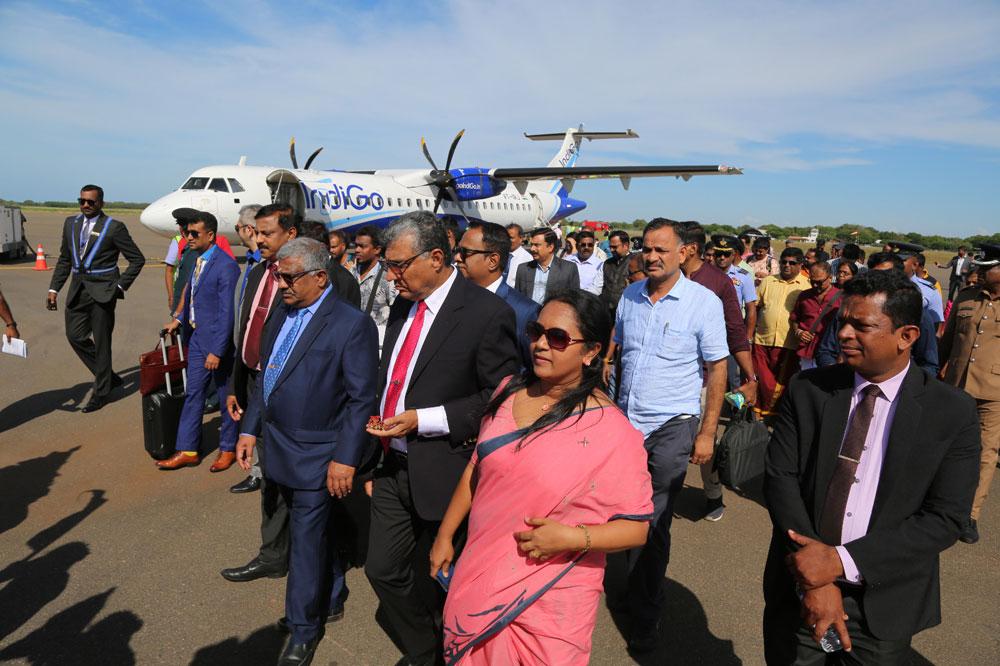

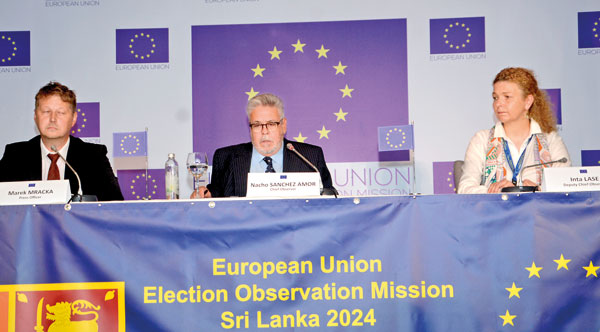

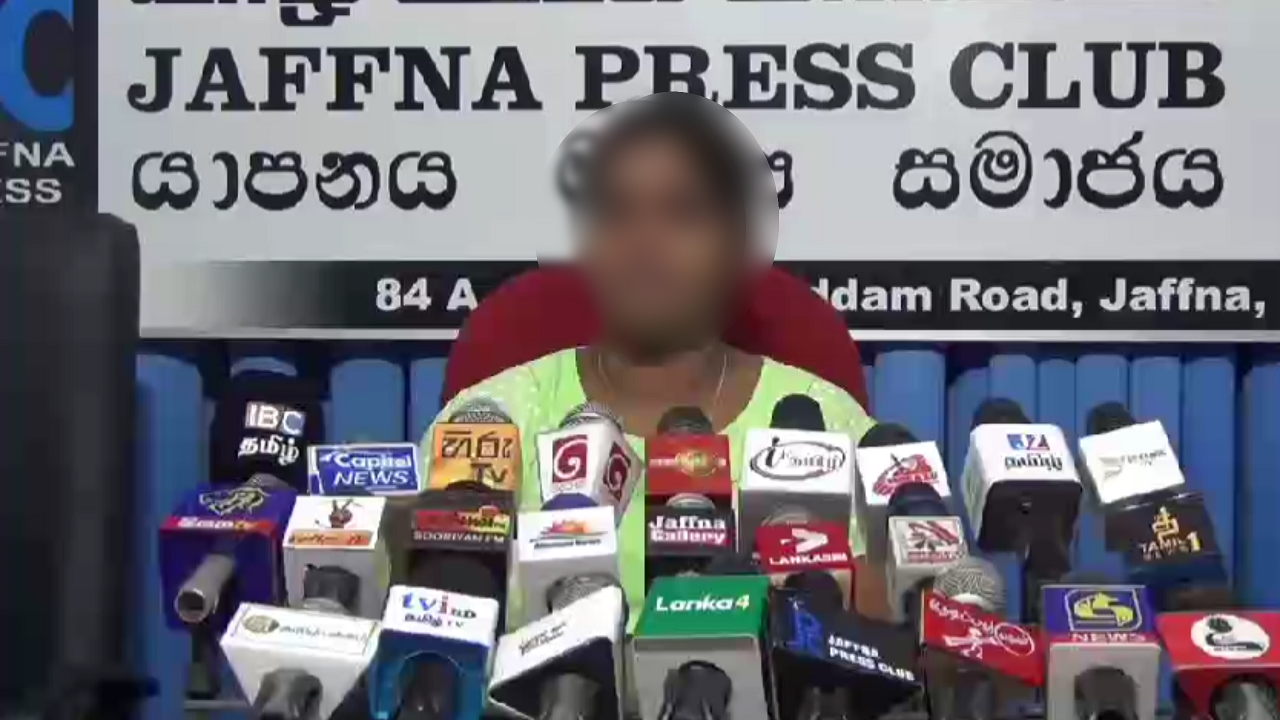

.jpeg)
.jpeg)
.jpeg)

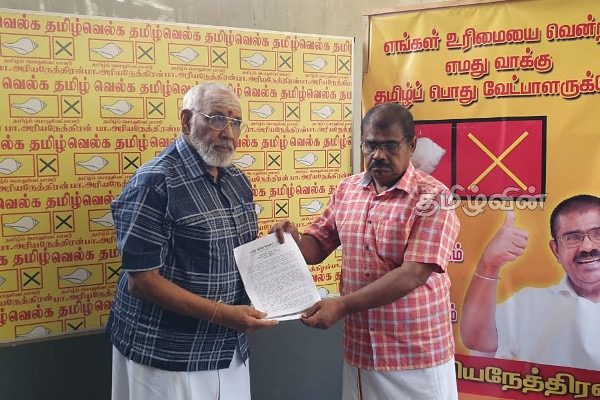
.jpg)
.jpg)

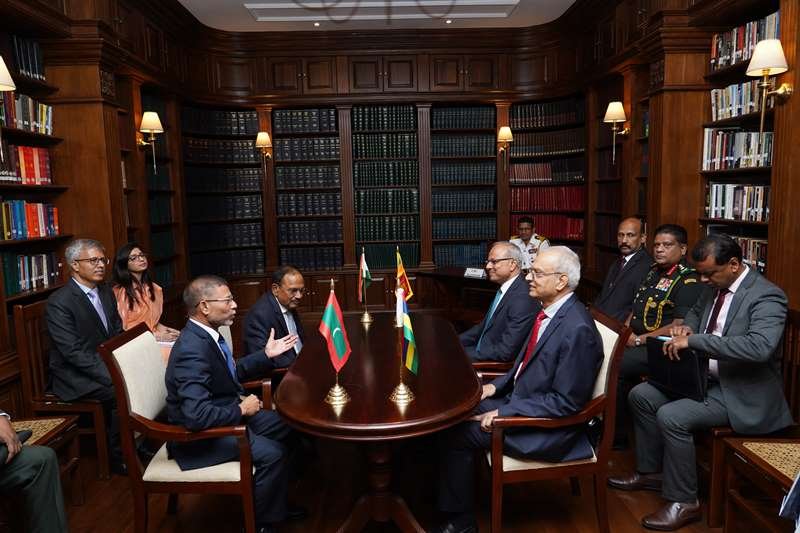
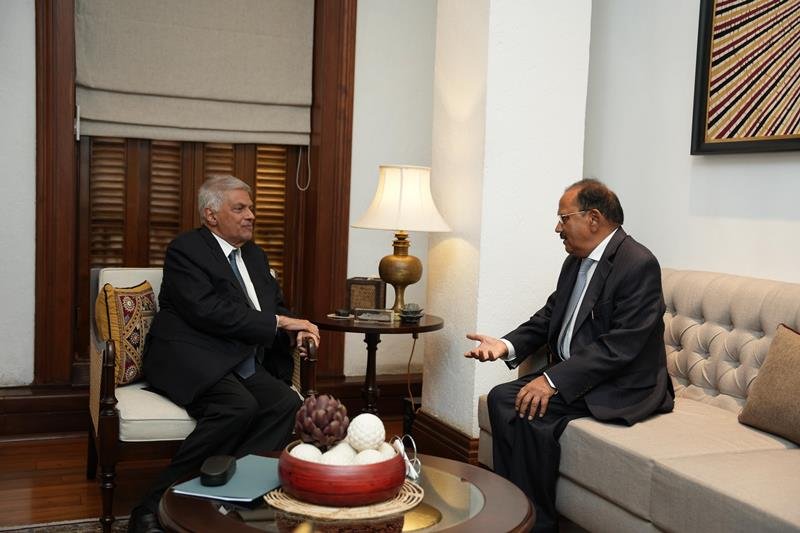
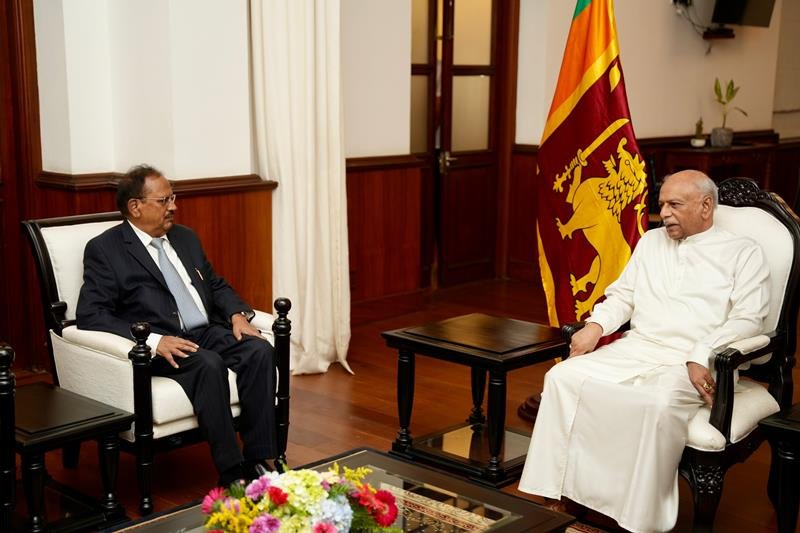


.JPG)
.JPG) Intergenerational Trauma and Healing Through Community
Intergenerational Trauma and Healing Through Community.JPG)
.jpg)
.jpg)

.jpg)
.jpg)
.JPG)
.jpg)

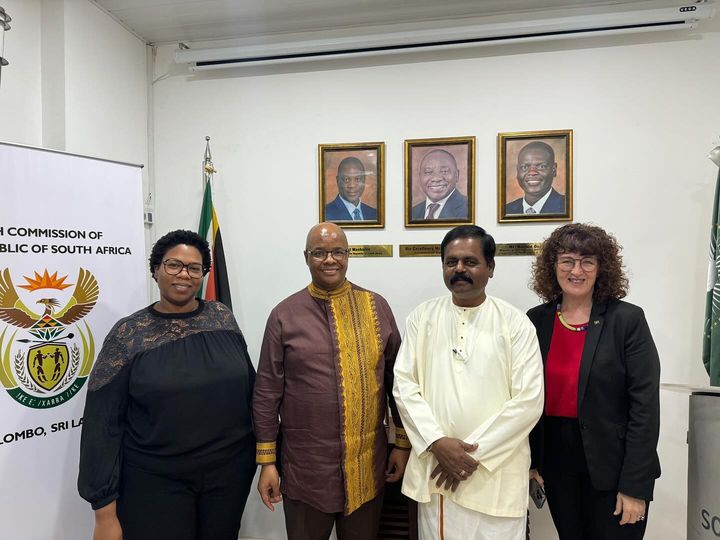

.jpg)
.jpg)
.jpg)

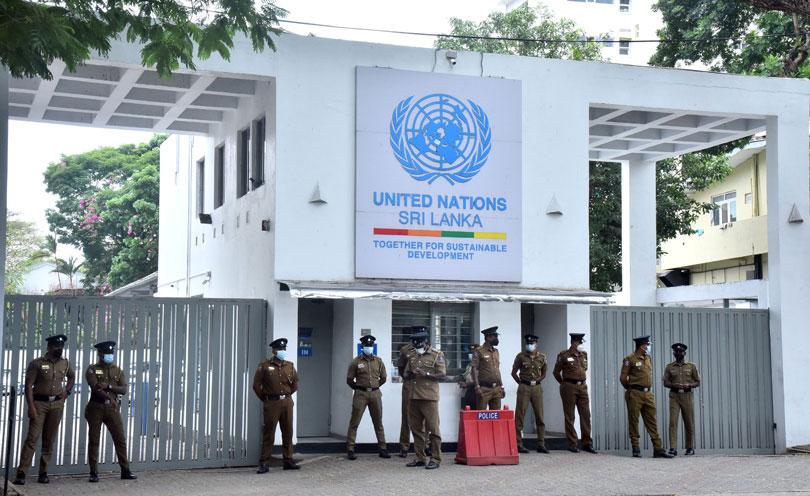
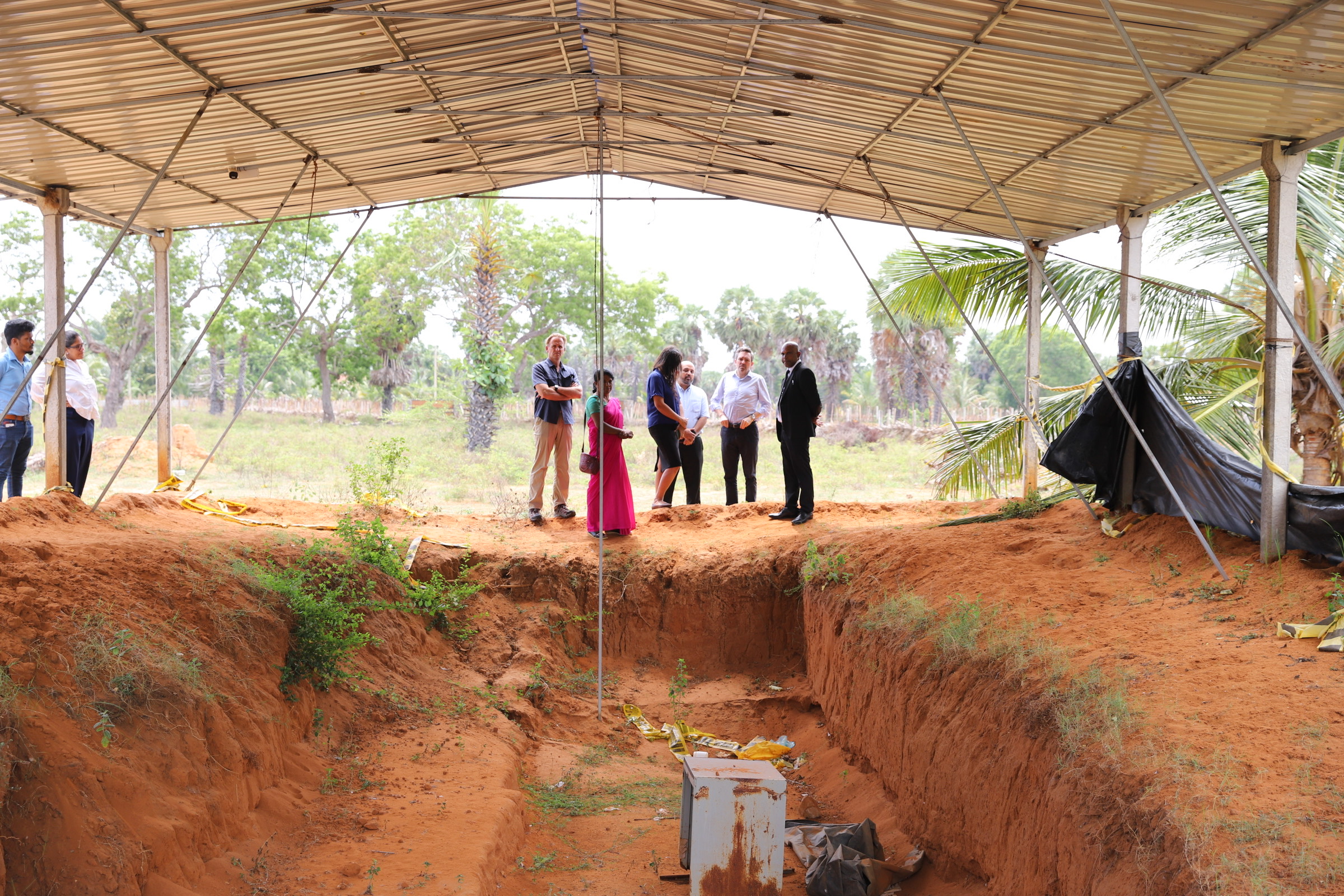

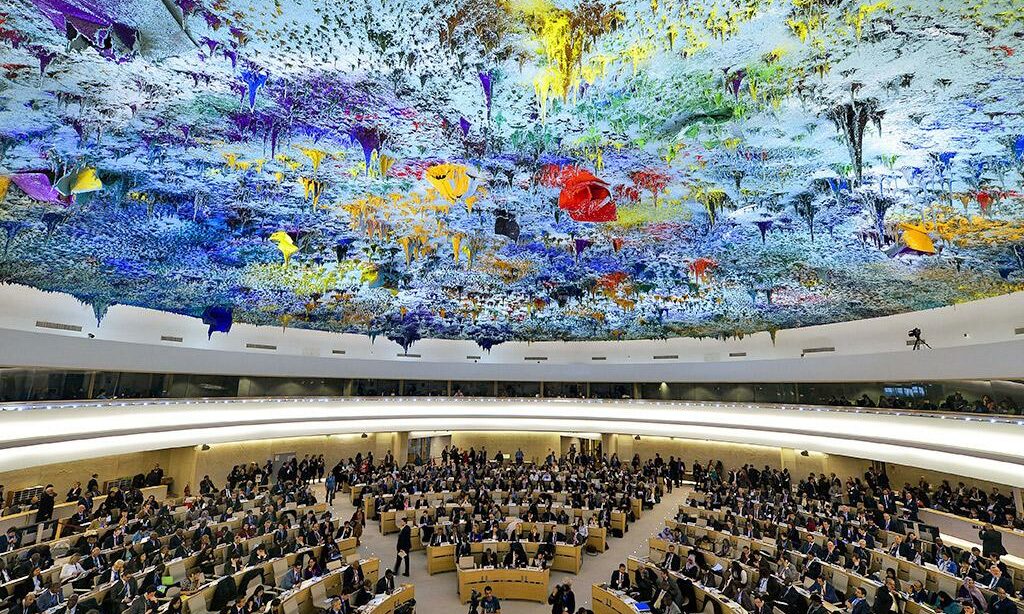

.jpeg)
.jpeg)
.jpeg)
.jfif)
.jfif)

.jpg)
.jpg)